First applications of Artificial Intelligence date back to the World War II, which was used for encrypting and decrypting based on machine learning. Artificial intelligence has a wide and various range of applications, covering from production of goods to help solving complicated issues and working with biometric data.
Artificial Intelligence has different levels containing limited area of carrying out normal and routine duties of a human to public areas such as understanding the environment like a human and even a higher level of human understanding.
Artificial Intelligence higher than human understanding has not been materialized yet but in future it will make the world similar to “Brave New World” of Aldous Huxley.
Applications of Artificial Intelligence will transform the world in future of which medical area is only one field to point out.
Medicines are produced for a person with medium characteristics but the Artificial Intelligence will allow medicines to adapt with precise Genome of every individual, algorithms of Artificial Intelligence will enable doctors to analyze data better and to adjust medical and treatment cares based on his/her environment and the method of patients’ life.
Artificial Intelligence Serves to Counter Cyber-Attacks
As another development, Cyber security is an important issue which can be remarkably transformed by Artificial Intelligence.
Millions of cyber-attacks are done annually throughout the world by non-governmental groups or governmental groups are behind these attacks, aimed at blackmailing. They follow an objective of hacking sites or hampering vital processes. Therefore, an important challenge in cyber security is that defenders should be one step ahead of offenders. Self-teaching and automation of Artificial Intelligence provide the possibility to show such application and protect countries and individuals against terrorism or blackmailing and other attacks.
Artificial Intelligence has yet other developments, among the most important ones are power and international wars. The future world is the scene where Artificial Intelligence plays a major role, in such a way that independent sites with capabilities of implementing (different) missions, and access to sensitive sensors of systems make better and quicker decisions than those of humans.
Abundance of drones in recent clashes between Azerbaijan and Armenia is a preview of developments that Artificial Intelligence will make in future world. As a result, instead of extensive use of army, virtual weapons will be replaced. Having relied on machine learning, it acts in both offensive and defensive fields.
In fact, drones are obvious embodiment of transformation that is made by Artificial Intelligence in the world of power. However, the effects are not limited to this case. Robots are also dependent on Artificial Intelligence. As their level of conducting Artificial Intelligence promotes, they can be able to not only carry out military operations or confronting strategies but also to replace humans in designing such strategies.
Therefore, the battle field will gradually be transformed from grounds and classic wars to virtual field, and even psychological operations against enemies will be implemented based on Artificial intelligence, macro-data analysis, and machine learning. The Soldiers of the new war could be as tiny as chips which can decommission large machines or even have soft-wares to conduct apparatus to act against their own applications. Therefore, virtual weapons, fatal applications, space control systems, supportive spatial umbrella, and independent killer robots are among the most important phenomena that Artificial Intelligence will offer to the future world.
Even power game is dependent on machine learning and systems that gain their power from Artificial Intelligence. Therefore, it will not be the matter of possessing classic weapons or well-trained personnel in future wars, but efficiency in designing psychological operations based on data analysis, machine learning and using virtual weapons will define future wars of the world.


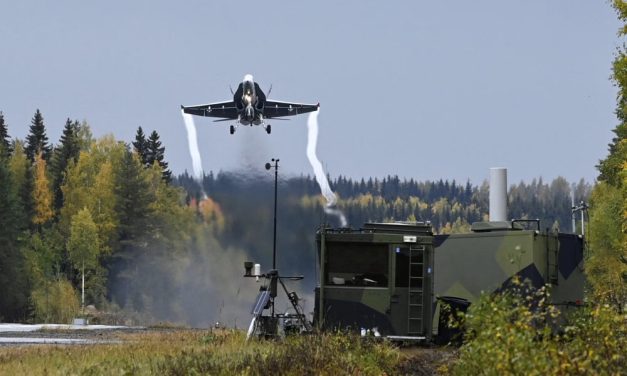
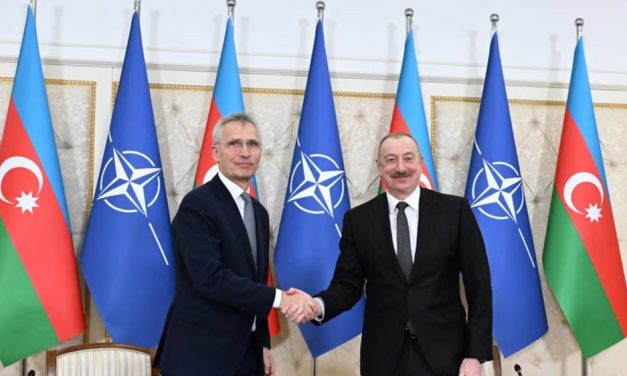
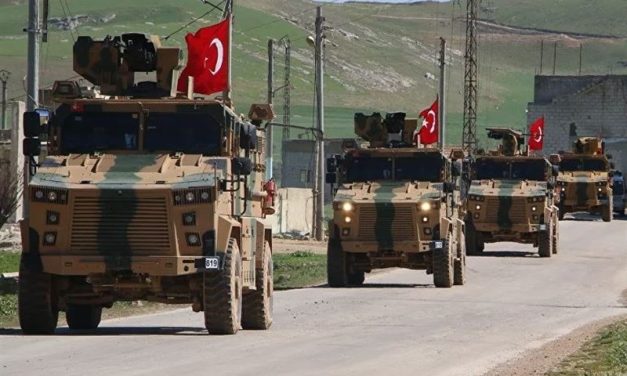
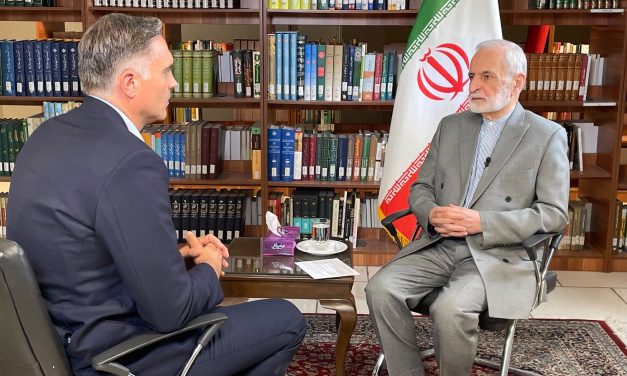
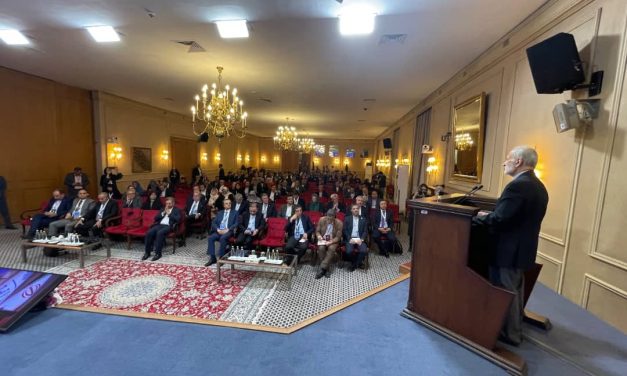
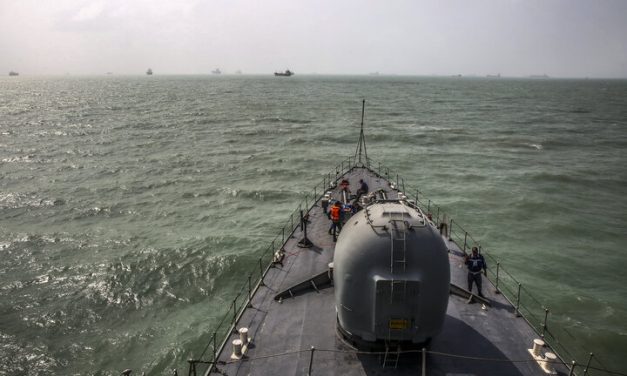


0 Comments